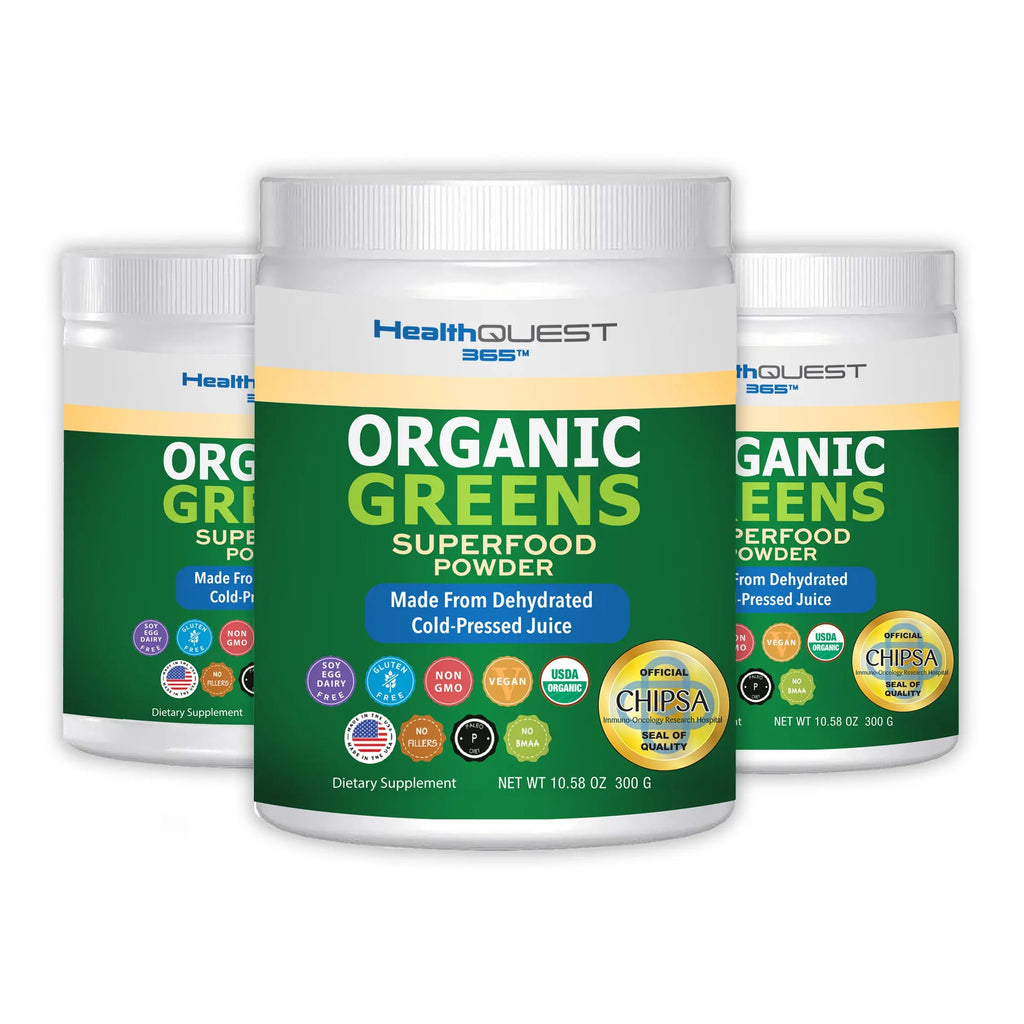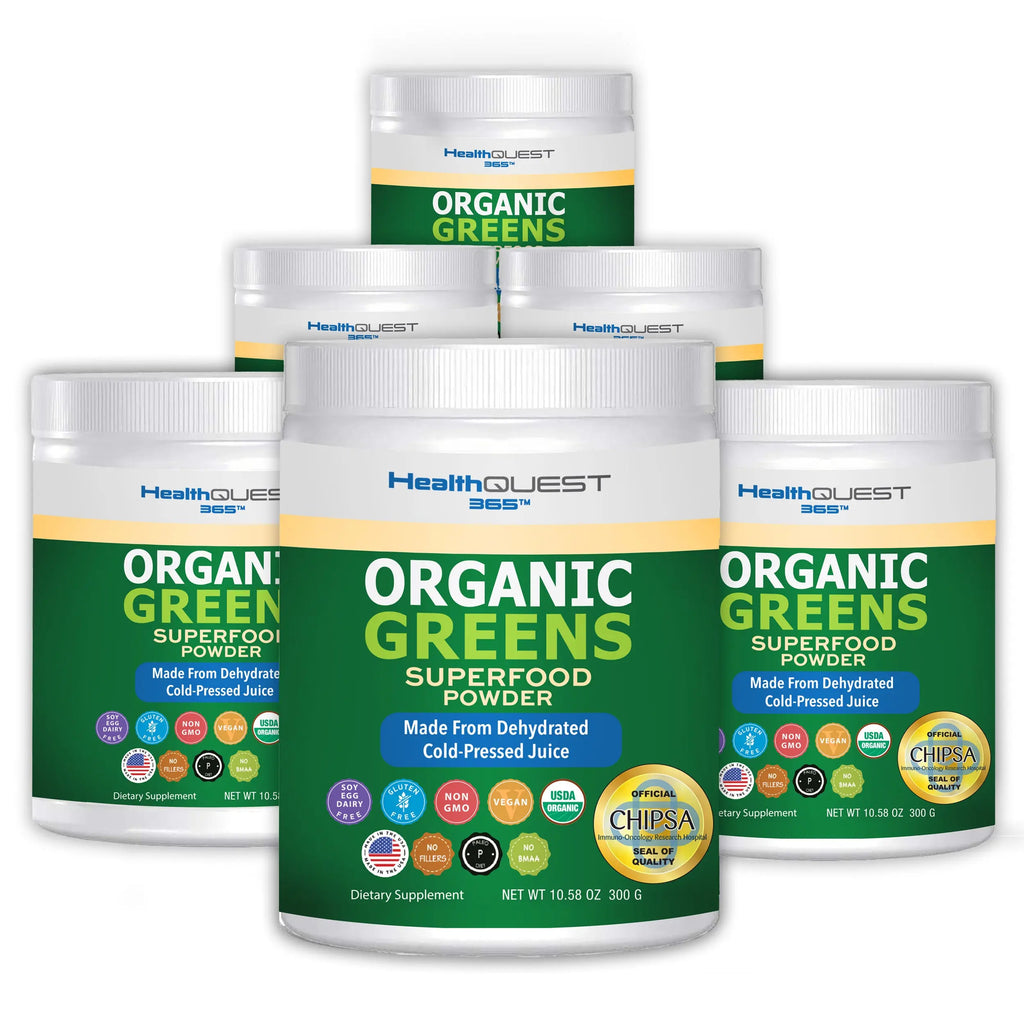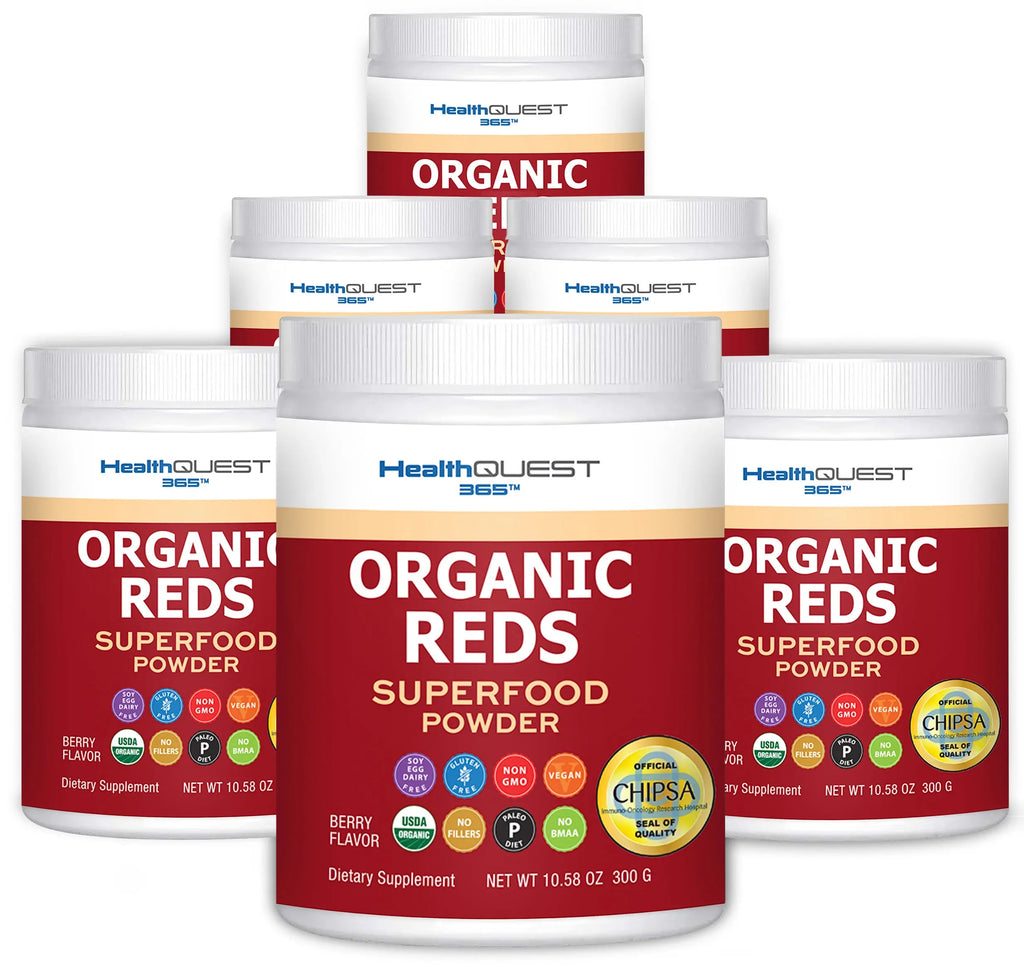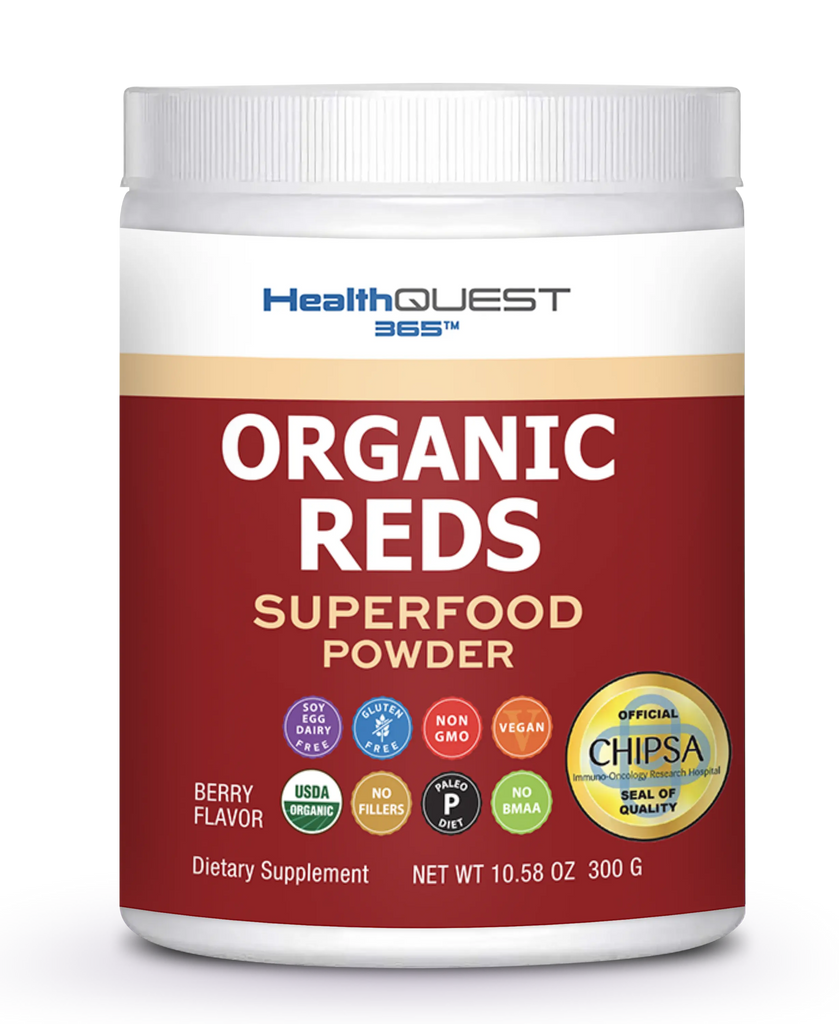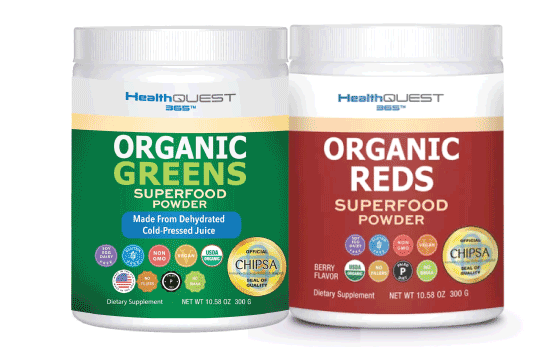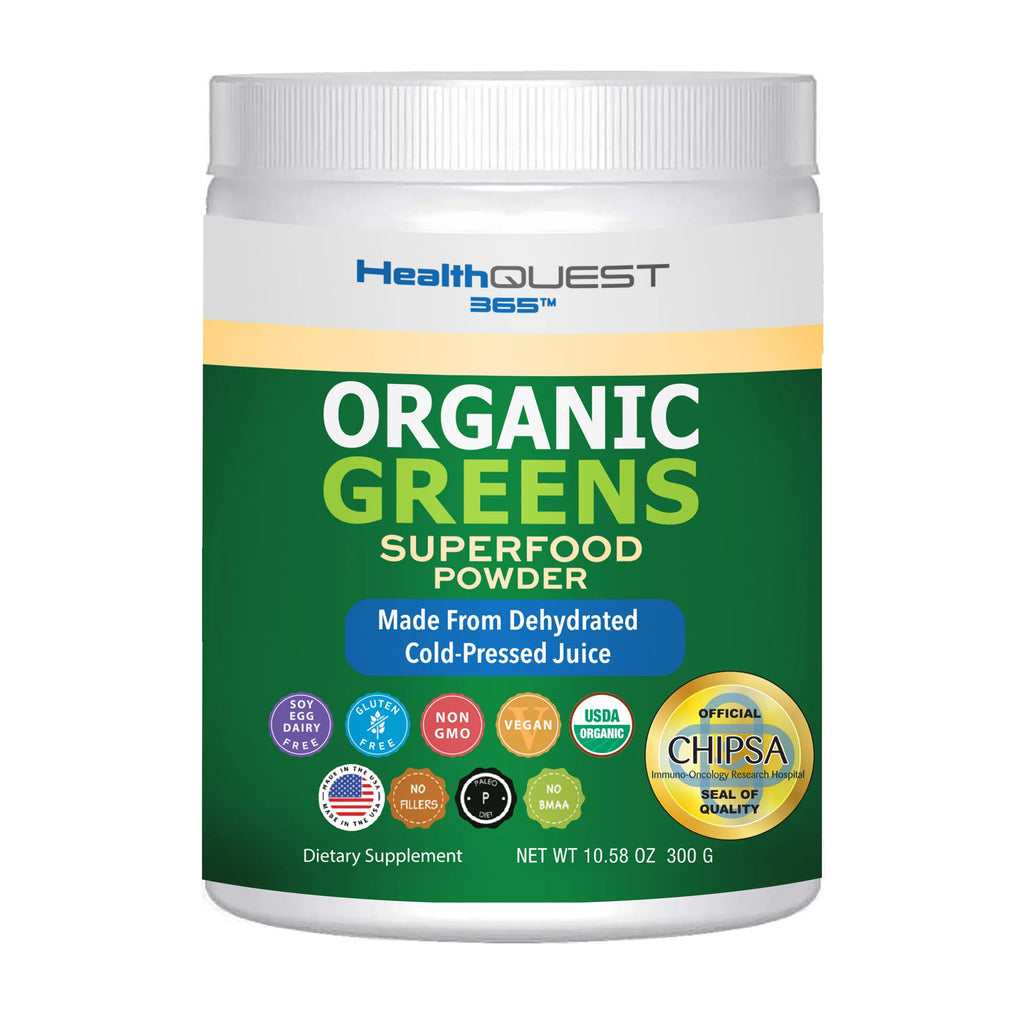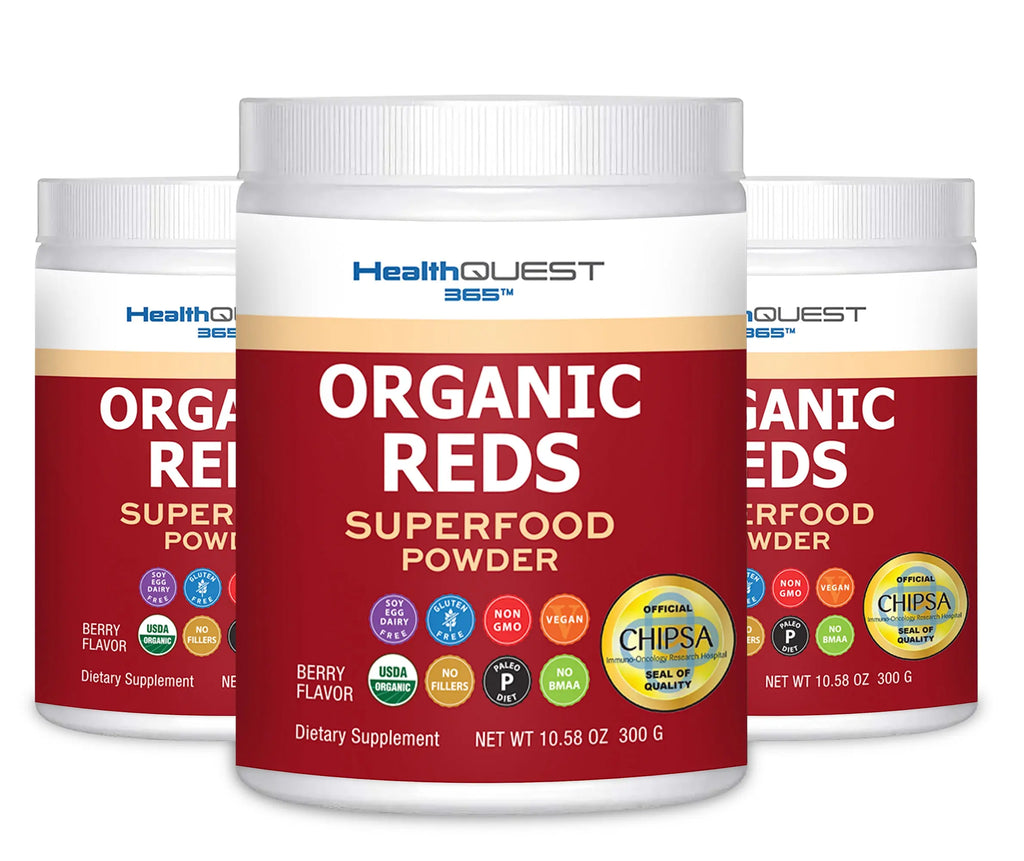It’s about health. It’s about healthy lifestyle. It’s about family™

Secrets of Organic Spirulina for Health and Sustainability
Welcome to the vibrant world of organic spirulina, nature's hidden gem in the realm of superfoods. This microscopic blue-green algae is not just a buzzword in the health community but a powerhouse of nutrients that promises remarkable health benefits. In this exploration, we delve deep into the essence of organic spirulina, unveiling its rich nutritional profile, myriad health benefits, and role in promoting sustainable practices.
Whether you're a health enthusiast, an eco-warrior, or simply curious about this natural wonder, join us on a journey to discover how organic spirulina can transform your health and contribute to a healthier planet.

The Nutritional Profile of Spirulina
Spirulina is a nutritional juggernaut. A type of blue-green algæ, it is often hailed as the most nutrient-dense food on the planet. This blue-green algae is loaded with a spectrum of essential amino acids and nutrients that are rarely found in a single source:
Protein: Spirulina is incredibly rich in complete protein, comprising about 60-70% of its dry weight, making it a favorite food source among vegetarians and vegans.
Minerals: Spirulina is abundant in minerals and trace elements like iron, magnesium, potassium, and calcium.
Vitamins: It is a treasure trove of vitamins, including Vitamin B1 (Thiamine), B2 (Riboflavin), B3 (Niacin), B6, and B9 (Folic Acid). It's also a rare non-animal source of Vitamin B12.
Antioxidants: It contains powerful antioxidants like phycocyanin, which also gives spirulina its unique blue-green color.
Essential Fatty Acids: It's a source of gamma-linolenic acid (GLA), a beneficial omega-6 fatty acid.
This remarkable nutritional profile makes spirulina not just a supplement, but a highly effective superfood, capable of boosting overall health and well-being.
Health Benefits of Organic Spirulina
The health benefits of organic spirulina are as diverse as its nutrients:
Boosting the Immune System: Spirulina is rich in nutrients and antioxidants that enhance immune function, helping the body ward off infections and diseases.
Detoxifying Properties: Its high chlorophyll content helps in detoxifying the body, aiding in the elimination of toxins and heavy metals

Digestive Health: The presence of amino acids and enzymes in spirulina aids in digestion and helps maintain healthy gut flora.
Heart Health: Spirulina has been found to lower LDL (bad) cholesterol and increase HDL (good) cholesterol, promoting a healthier cardiovascular system.
Weight Management: Being high in nutrients and low in calories, spirulina can be an excellent addition to a weight management plan. Its protein content also helps in managing hunger and satiety.

Energy and Endurance: Spirulina's rich B-vitamin content helps improve energy levels, making it popular among athletes for increased endurance and reduced fatigue.
Skin and Hair Health: The vitamins and minerals in spirulina can contribute to healthy skin and hair, combating aging signs and improving overall skin and hair texture.
Anti-Inflammatory Properties: The antioxidant phycocyanin in spirulina has been shown to possess anti-inflammatory properties, beneficial in reducing inflammation in the body.
Blood Sugar Regulation: Some studies suggest that spirulina can assist in regulating blood sugar levels, making it a beneficial supplement for individuals managing diabetes.
Mental Health: There is emerging evidence that the nutrients in spirulina, particularly its omega-3 fatty acids, can support brain health and may improve mood and mental well-being.
By incorporating organic spirulina into your diet, you not only nourish your body with essential nutrients but also harness its diverse health benefits for a more vibrant and healthier life.
Incorporating Spirulina into Your Diet
Adding spirulina to your diet can be both a nutritious and an enjoyable experience. This versatile superfood can be incorporated into various meals and snacks, making it easy to reap its health benefits. Here are some creative and simple ways to include spirulina in your daily eating habits:
Smoothies
One of the easiest ways to consume spirulina is by blending it into smoothies. The strong flavor of spirulina pairs well with fruits like bananas, mangoes, and berries, which mask its taste while adding a nutritional punch.
Juices and Beverages
Stir a teaspoon of spirulina powder into your favorite fresh juice or green tea. It can add a nutrient boost to your drinks without altering the taste significantly. If you want to boost the nutrient content of your smoothie even more, why not try Health Quest 365's Organic Greens 365 and Organic Reds 365? You won't regret it!
Salads
Sprinkle spirulina powder over salads for an extra dose of protein and nutrients. It blends well with all kinds of salad dressings and ingredients.

Give You ALL Our Best Workbooks
Get all the Best Workbooks + Action Guides from our expert
Soups and Stews
Spirulina can be stirred into soups and stews just before serving. Its rich nutrient content is preserved best without prolonged cooking.
Energy Bars and Bites
For a quick snack, mix spirulina powder into homemade energy bars or bites made with nuts, seeds, and dried fruits. These are perfect for a pre or post-workout snack.

Breakfast Bowls
Sprinkle spirulina over oatmeal, yogurt, or cereal bowls to start your day with a nutrient boost. It adds a beautiful green hue and a healthful twist to your breakfast.
Baking
Spirulina can be incorporated into baked goods like bread, muffins, pancakes, or even brownies. It gives a unique dark green color and enhances the nutritional value of your baked treats.
Dressings and Sauces
Mix spirulina into salad dressings, pesto, or green sauces. It pairs well with creamy or tangy flavors and seasoning mixes, adding depth and nutrients to your dishes.
Desserts
For a creative twist, add spirulina to desserts like smoothie bowls, ice creams, or puddings. It's a fun way to make your treats not only delicious with its unique pungent sea flavor but also incredibly healthy.

FREE "Mystery Gift"?
Let me stay in touch with you via email and as a thank you - get this FREE gift.. Something others paid over $1,000 for.
(True story)
Dosage and Safety Considerations
While organic spirulina powder is generally safe for most people, it's important to consider the dosage and potential allergies. Starting with a small amount, like a teaspoon, and gradually increasing it, is a good approach. Always opt for high-quality, organic spirulina from reputable sources to ensure it is free from contaminants. Pregnant or nursing women, people with autoimmune conditions, and those on certain medications should consult with a healthcare provider before adding spirulina to their diet.
Incorporating spirulina into your diet is an excellent way to enhance your meals with extra nutrients and health benefits. Its versatility in the kitchen makes it a delightful addition to a wide range of dishes, catering to various tastes and preferences.
Cultivation and Production of Organic Spirulina
The cultivation of organic spirulina is a fascinating blend of simplicity and precision. This process is pivotal in ensuring the purity and quality of the final product.
Harvesting: Once spirulina reaches its peak nutrient density, it is carefully harvested. The process involves filtering and drying the algae while preserving its nutritional content.

Growing Conditions: Spirulina thrives in warm, alkaline freshwater ponds or tanks. These controlled environments ensure optimal growth conditions, preventing contamination from external pollutants.
Organic Practices: Organic spirulina farming avoids the use of synthetic fertilizers and pesticides. Instead, natural, sustainable resources are employed to nourish the algae, ensuring the product remains free from harmful chemicals.

Quality Control: Post-harvest, spirulina undergoes rigorous testing for quality assurance. This step is crucial to certify its organic status and to ensure it is free from contaminants like heavy metals and bacteria.
Processing: Finally, the dried spirulina is ground into a fine powder or processed into tablets or capsules, making it convenient for consumption.
TO WRAP UP
In conclusion, organic spirulina, common name of two species, stands as a testament to the extraordinary power of nature. There's a reason why many deem this plant nature's best. It's not just a superfood; it's a symbol of health, vitality, and environmental responsibility.
Through its impressive nutritional profile and diverse health benefits, spirulina earns its place as a staple in the diet of anyone seeking wellness and vitality. Moreover, its sustainable cultivation practices highlight the importance of eco-conscious choices in our daily lives.
FREQUENTLY ASKED QUESTIONS
A simple step would be to evaluate your current lifestyle and health, identify areas of improvement, and gradually incorporate healthier habits.
Absolutely! Physical exercises such as jogging, brisk walking, or bodyweight exercises can be done without a gym.
A positive attitude is vital in healthy living as it reduces stress and encourages persistence in maintaining healthier habits.
A supportive environment can be built by including people who have similar health goals or by seeking the support of friends, family, or online health and wellness communities.
Regular check-ups help in detecting any potential health issues early and managing them effectively. They keep you updated about your overall health.

